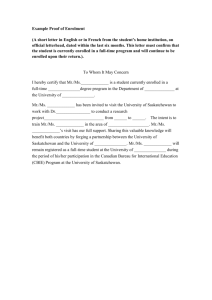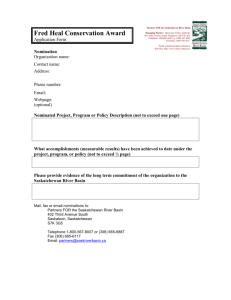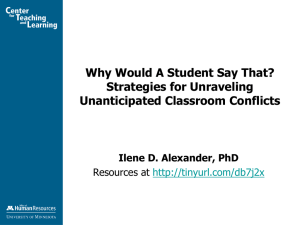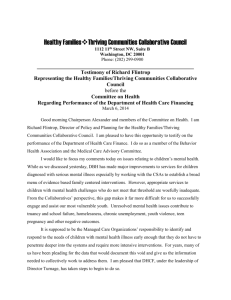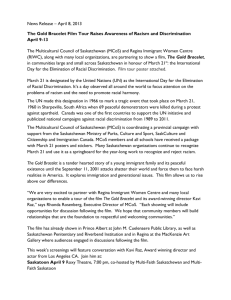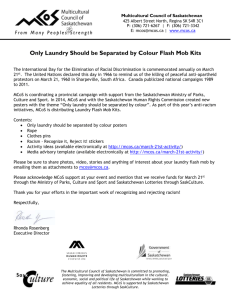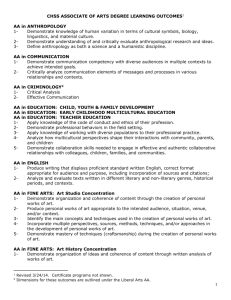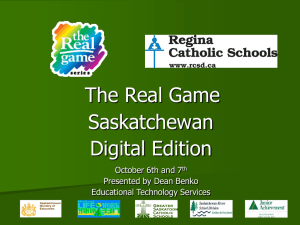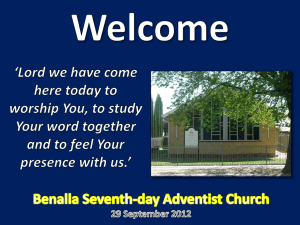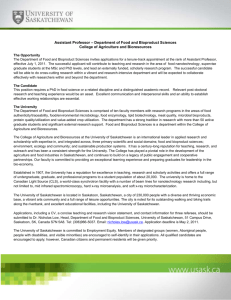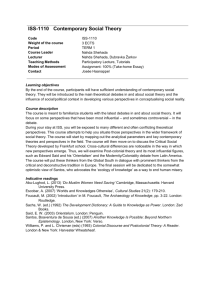Creating Deeper Cultural Learning Experiences
advertisement
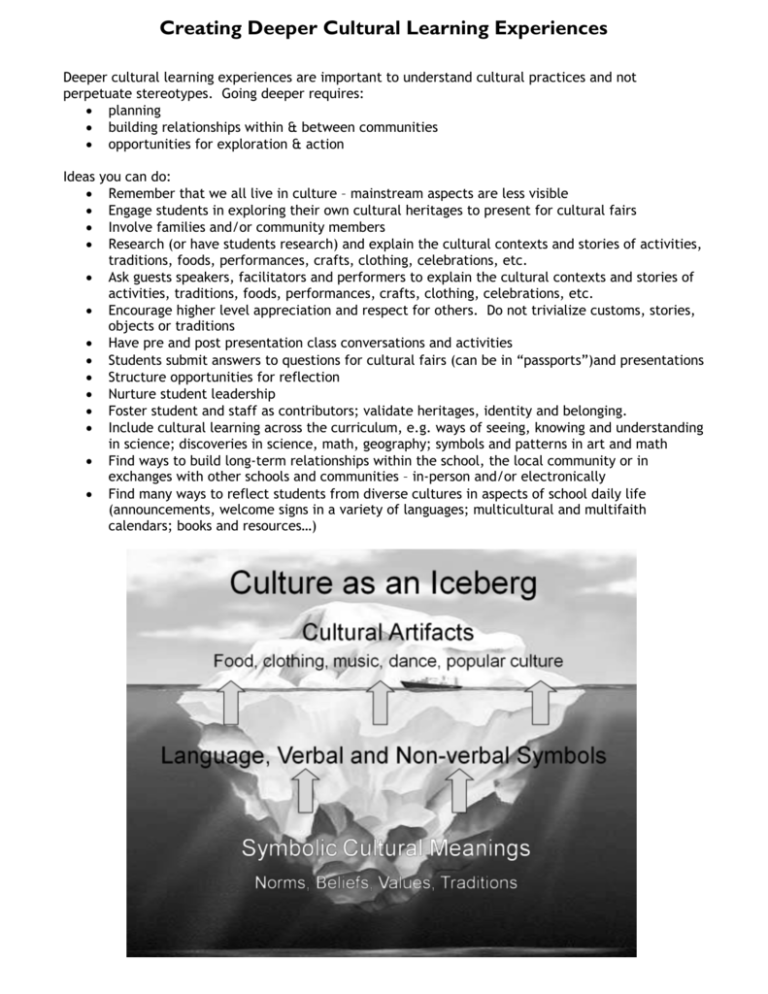
Creating Deeper Cultural Learning Experiences Deeper cultural learning experiences are important to understand cultural practices and not perpetuate stereotypes. Going deeper requires: planning building relationships within & between communities opportunities for exploration & action Ideas you can do: Remember that we all live in culture – mainstream aspects are less visible Engage students in exploring their own cultural heritages to present for cultural fairs Involve families and/or community members Research (or have students research) and explain the cultural contexts and stories of activities, traditions, foods, performances, crafts, clothing, celebrations, etc. Ask guests speakers, facilitators and performers to explain the cultural contexts and stories of activities, traditions, foods, performances, crafts, clothing, celebrations, etc. Encourage higher level appreciation and respect for others. Do not trivialize customs, stories, objects or traditions Have pre and post presentation class conversations and activities Students submit answers to questions for cultural fairs (can be in “passports”)and presentations Structure opportunities for reflection Nurture student leadership Foster student and staff as contributors; validate heritages, identity and belonging. Include cultural learning across the curriculum, e.g. ways of seeing, knowing and understanding in science; discoveries in science, math, geography; symbols and patterns in art and math Find ways to build long-term relationships within the school, the local community or in exchanges with other schools and communities – in-person and/or electronically Find many ways to reflect students from diverse cultures in aspects of school daily life (announcements, welcome signs in a variety of languages; multicultural and multifaith calendars; books and resources…) Levels of Integration Table Stage Roles of Teachers and Students School’s Relationship to its Community Stage 1 Contributions Adding diverse heroes and heroines to the curriculum in the same way as mainstream heroes and heroines. Role of the Student: Passive recipient of information Role of the Teacher: Provider of all information. Chooses materials, resources and time. Examples: Pocahontas – helper of European settlers; Including one Chanukah and one Diwali song in the Christmas concert. Not engaged Stage 2 Additive Adding a variety of content, concepts, themes and perspectives without changing structure of how we learn. Role of the Student: Passive recipient of information Role of the Teacher: Provider of all information. Chooses materials, resources and time. Example: seeing or learning the dances of many cultures without any context to their meaning and use in each culture. Some awareness of family and community members as sources of information. Stage 3 Transformation Changing the actual structure of how and what we learn to help students view concepts issues, events and themes from a variety of group and individual perspectives. Role of the Student: Active learner Role of the Teacher: Facilitator of learning opportunities for students to explore multiple perspectives. Example: Using First Nations stories to learn about plants, about the cultural values in the lessons that teach how people should relate to each other and all beings, and about a different “scientific method”. Growing partnership Stage 4 Social Action Empowering students to make decisions on important social issues and take actions to help solve them. Role of the Student: Active learner Role of the Teacher: Facilitator of learning opportunities for students to explore multiple perspectives. Example: Using drama to explore students’ experiences and how they relate to social issues. Creating a play for interactive performances for the school, parents, families, community, and administrators at the school and board level. Finding ideas for solutions and having roles for youth and adults to make a difference. Engaged partnership Adapted from James Banks For more ideas or information, please contact the Multicultural Council of Saskatchewan at: 452 Albert Street North, Regina SK S4R 3C1 Phone: 721-6267 Fax: 721-3342 mcos@mcos.ca www.mcos.ca The Multicultural Council of Saskatchewan is committed to promoting, fostering, improving and developing multiculturalism in the cultural, economic, social and political life of Saskatchewan while working to achieve equality of all residents. MCoS is supported by Saskatchewan Lotteries through SaskCulture.
